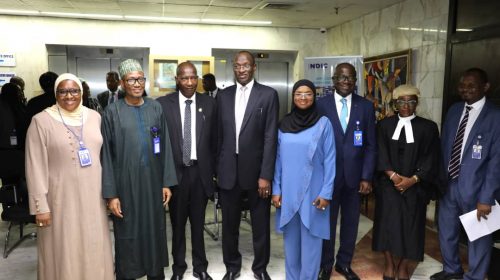$1.24bn spent on food imports despite FG’s forex ban

Food products imports gobbled up $1.24bn of the foreign exchange supplied by the Central Bank of Nigeria from October 2020 to March 2021 despite the ban directive from the President, Major General Muhammadu Buhari (retd.), Femi Asu reports. The foreign exchange used for the importation of food products into Nigeria more than doubled in the fourth quarter of last year as against the previous quarter, during which Buhari directed the CBN to stop issuing forex for food and fertiliser imports. Buhari gave the directive to the CBN in September at a meeting of the National Food Security Council at the Presidential Villa, Abuja, saying that firms that were bent on importing food should source their forex elsewhere. “Nobody importing food should be given money,” he was quoted as saying in a statement from the Senior Special Assistant to the President on Media and Publicity, Garba Shehu.The forex used for food products imports, however, rose from $121.13m in September to $198.43m in October, $204.76m in November and $305.88m in December, according to the CBN data on sectoral utilisation for transactions valid for forex. The amount of forex used for the importation of food production into the country surged by 118.60 per cent to $709.07m in Q4 2020 from $324.37m






Leave a Reply